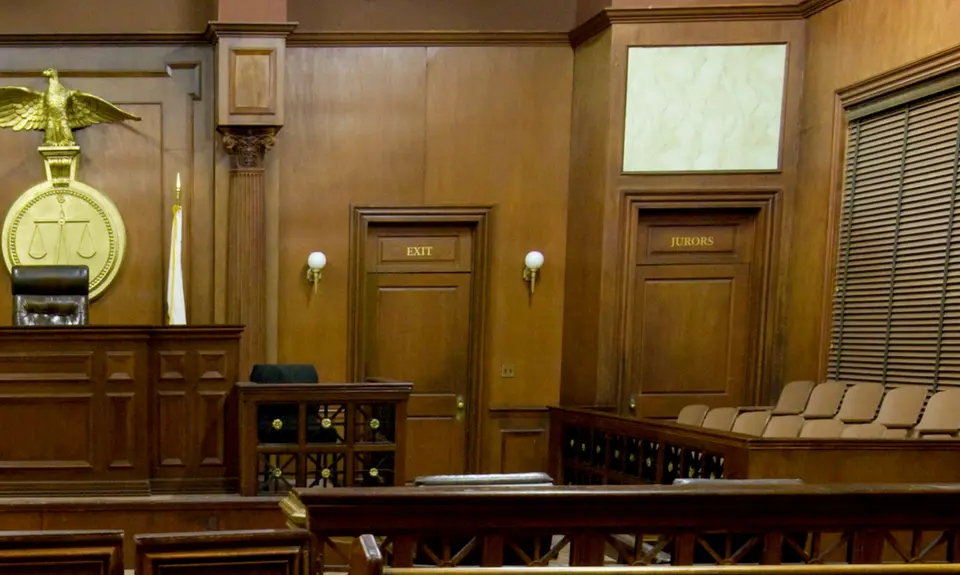“Confirmed Judges, Confirmed Fears” is a blog series documenting the harmful impact of President Trump’s judges on Americans’ rights and liberties. Cases in the series can be found by issue and by judge at this link.
Trump Sixth Circuit judge John Nalbandian cast the deciding vote in a January 2020 case that dismissed a worker’s claim that her employer’s deliberate conduct resulted in a severe workplace injury that led to the amputation of both of her arms. The 2-1 majority did not even give her a chance to prove her claims in court. The ruling was in Henry v. CMBB, LLC.
Heather Henry was working at Chicago Metallic, a Tennessee manufacturing company owned by CMBB. In her job, Henry operated a “200-ton piece of industrial equipment called a Bliss press,” which uses hydraulic pressure to shape pieces of metal that she or other workers put into the press. A different operator noticed a defect in an important piece of safety equipment. Although the company ordered a new part, it did not take the press out of operation while waiting for the new safety part and, according to Henry’s later complaint, directed her to operate the press knowing that the safety malfunction “would result in a user’s arms being crushed.”
That is precisely what happened to Henry. The 200-ton press “crushed both of her arms when the safety mechanism malfunctioned,” and both of her arms had to be amputated.
Because of the limited remedies available under Tennessee workers’ compensation laws, a lawsuit was filed on the Henrys’ behalf under an exception to the law that allows workers to sue for damages for injuries caused not “by accident,” but as a result of deliberate action by the employer. The Henrys’ complaint alleged that it was “no accident” that Chicago Metallic deliberately “placed her in harm’s way” when it knew of the safety defect and had ordered a “new part to fix it.”
CMBB got the case transferred from state to federal court, where it was dismissed as a matter of law without a trial. On appeal to the Sixth Circuit, the majority (including Nalbandian) affirmed the lower court and threw out the Henrys’ case. The majority maintained that under Tennessee law, it was clear that the tragedy had occurred by accident and that the complaint did not allege enough facts to prove otherwise.
At least in part, Trump judge John Bush dissented. He disagreed with the majority’s view that Tennessee case law made clear that in order to fall within the workers’ compensation exception, a worker had to prove that the employer had the “actual intent to injure” her. He noted that the alleged facts were “horrific” and suggested that it was unclear whether Tennessee law sufficiently addressed the specific sequence of events in Henry’s case, in which Chicago Metallic had deliberately “placed her in harm’s way” before replacing the safety equipment it knew was defective. He suggested that the court should have certified the question to the Tennessee Supreme Court, which could have ruled that the Henrys’ claim was proper under state law.
As a result of Nalbandian’s vote, however, the Henrys’ complaint was completely dismissed, and Heather Henry will receive absolutely no damages for the “horrific” workplace injury she suffered as a result of the deliberate actions by her corporate employer.
